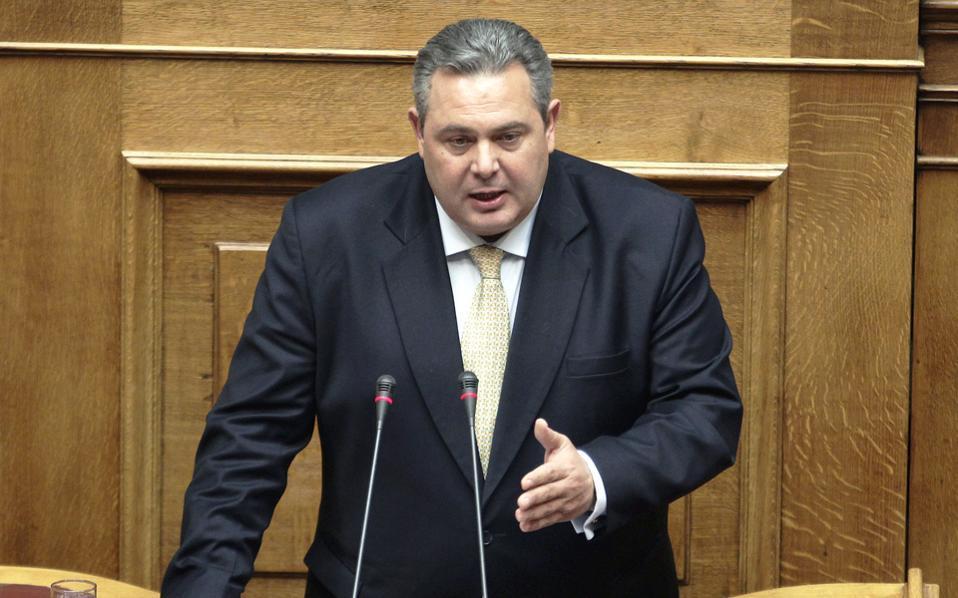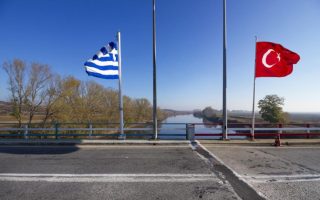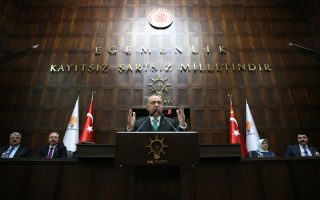Venting our frustration with words

The crisis in Greek-Turkish relations has over the years been accentuated by the abusive and unchecked use of words which are uttered with the aim of boosting the morale and pride of the nation. These words essentially expose the discrepancy between rhetoric and action.
There is no need to cite here the endless utterances of this sort that have flowed from the lips of Greek leaders over the years. We are a nation of orators, of bombastic pundits, and occasionally also of heroic outbursts that leave the universe speechless. Even though Greece was a creation of European diplomacy, nothing would have been achieved without the War of Independence against the Ottoman Empire. We should never forget this.
However, Greek leaders should always keep in mind that the Greek troops emerged victorious on the battlefield only during the Balkan Wars of 1912-13. What ensued, however, was a dreadful schism that then led to the Asia Minor Disaster. Another victory came in the Greek civil war, when Greece became the only country to wage war on communism on its own territory and actually win it. Again, what followed was the ideological hegemony of the Left as early as the 1960s.
Put simply, the Greek establishment is incapable of dealing with national achievement. Common sense dictates that when your traditional enemy, as it were, which our political system now identifies as Turkey, is embroiled in an existential crisis, you simply let things take their course. You don’t surrender any of the country’s sovereign rights, you organize your defenses so as to be able to respond to the worst-case scenario, and you avoid pouring oil on the flames. After the Elli warship was struck by an Italian submarine torpedo in 15 August 1940, Ioannis Metaxas called an emergency meeting of his local governors and, according to the testimony by the youngest among them, Nikos Grigoriadis, he said: “Sirs, we have suffered an attack by Italy. We shall not publicize this, we shall prepare ourselves and if necessary go to war.” This is what led us to the Epic of ’40.
But Metaxas was a dictator, some will say. Things are different now. However, instead of preparing silently but with method for the worst-case scenario, our leaders deliver platitudes about international law and issue condemnations and vent their frustration and look to international support. But none of these allies would actually step in in the undesirable event of military conflict.





